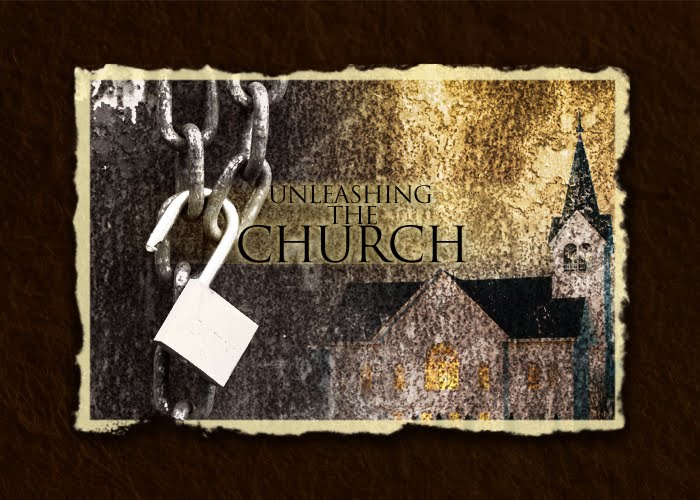Every Christian can pursue their calling; the emphasis is
on developing our personal lives in order to become ministry-oriented people,
using God's Word and examples of others who have answered His call. There is a
group of easy to read missionary biographies’ that are simple and worth the
read. Written by Janet and Geoff Benge.
My hope is that each of us will become more
ministry-minded. And you will be
encouraged to pursue your ministry potential within the context of your local
church.
I believe we have made a grave mistake in abandoning the
local church as we attempt to work out our ministry calling.
Unfortunately, sometimes, we have had no other
choice. In essence, we have been forced
to look outside the local church to unleash our God-given potential for
ministry.
If you feel called to teach Sunday School, usher or work
in the youth ministry, you will find plenty of opportunity within your own
church. Others are forced into a
spectator role, having to be satisfied with the challenge to have good
Christian testimonies. But the entire Christian community, local churches, and
parachurch organizations as well, will be better off when churches are designed
where everyone can minister.
Before anyone can become an effective and consistent
minister of the gospel, he or she must have a deep desire to do so. As most people think about what it takes for
the average person to become an effective minister the first thing that
normally comes to mind is training. That
thinking is a big mistake. The first
thing needed is desire or what I refer to as passion.
From experience I have learned that if people do not have
the passion to get involved in ministry, it doesn't matter how well trained or
gifted they are. But where does that
passion come from?
The apostle Paul wrote to the believers in Philippi:
"For it is God who is at work within you, giving you the will and power to
achieve his purpose" (Phil. 2:13, Phillips).
So, the desire for ministry comes from God. Churches can do a great deal to cultivate and
encourage that desire, but not create it.
That's why the promise of Philippians 2:13 is so encouraging. It assures us that God is working in us
giving us the passion He wants us to have.
He is not only giving us passion in harmony with His purpose, He has
also given us spiritual gifts and the power to achieve those passions.
I know we are entering an age of unprecedented impact by
laity. Join that with the scriptural promises we have just read and I believe
the time has come to challenge the fortress mentality that has dominated our
churches for so long, we can pursue unleashing our God given dreams and
passions with optimism and confidence.



